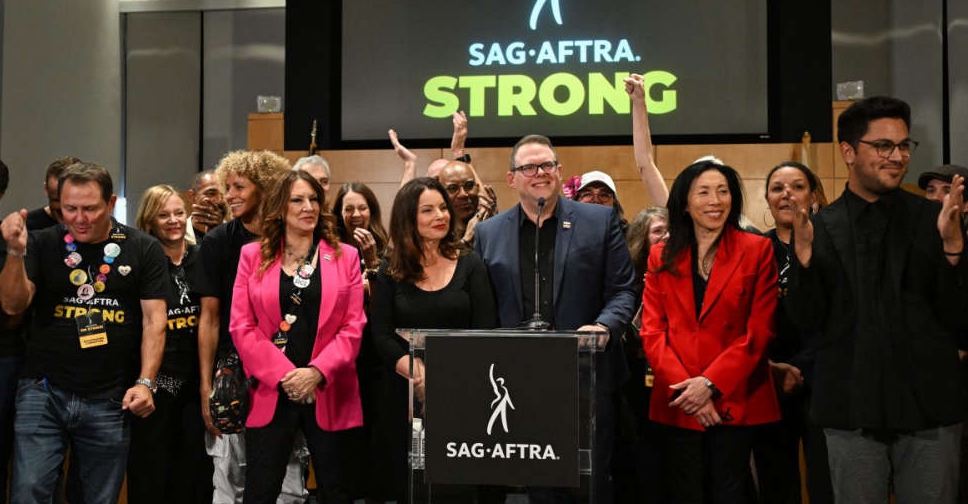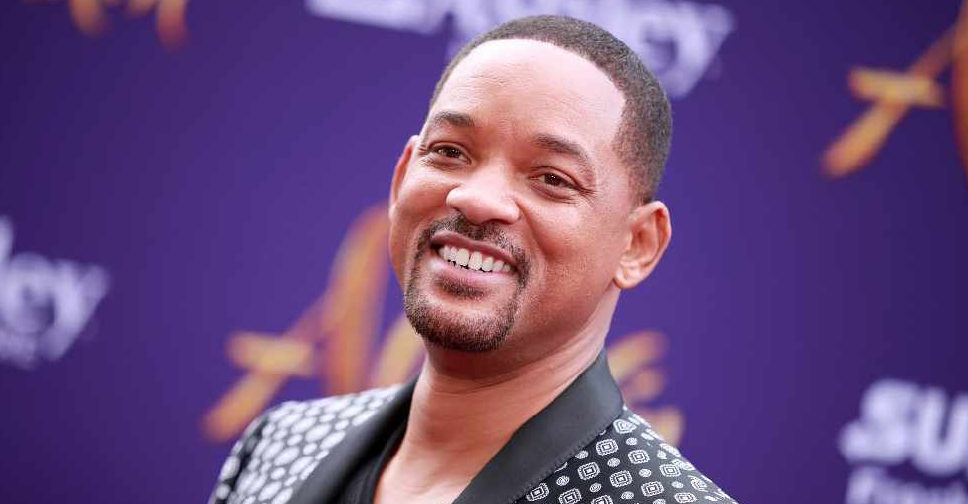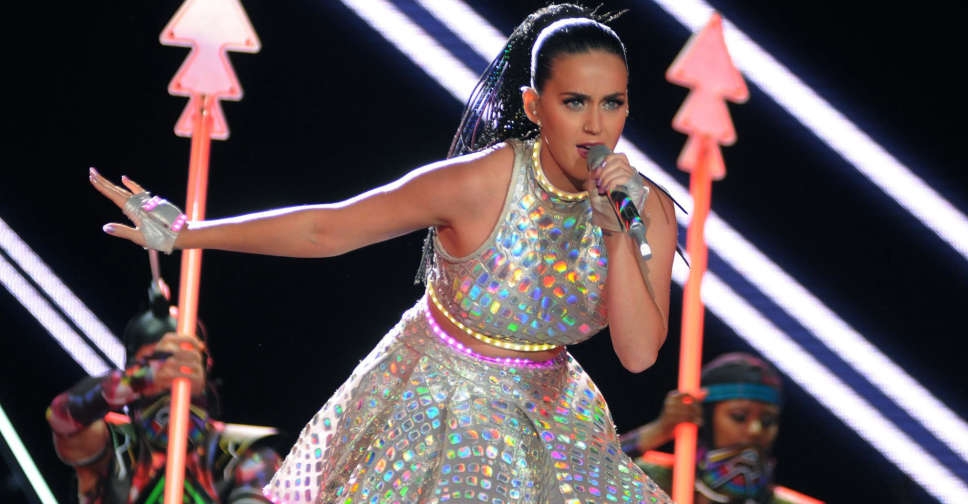
Streaming services will pay bonuses of roughly $40 million (AED 220.38 million) per year as part of the tentative labour agreement reached between the SAG-AFTRA actors union and major Hollywood studios.
Union leaders said on Friday after their board backed the deal.
The proposed three-year contract, which the union said was valued at more than $1 billion over three years, was endorsed by 86 per cent of SAG-AFTRA's national board.
Union members now must vote on whether to ratify the agreement with Netflix, Walt Disney, Warner Bros Discovery and other members of the Alliance of Motion Picture and Television Producers (AMPTP).
Voting is expected to end in early December, chief negotiator Duncan Crabtree-Ireland said.
SAG-AFTRA President Fran Drescher said the union had partly achieved its goal of getting streaming services to share more revenue with actors. While companies rejected earlier proposals, including a per-subscriber fee, they agreed to new bonus payments.
"We opened a new revenue stream," Drescher said at a press conference. "We got into another pocket."
Under the terms of the deal, 75 per cent of the $40 million (AED 146.92 million) pool will go to actors on the most popular streaming shows. The remaining 25 per cent will go to a fund that will be distributed to actors on other streaming shows.
The AMPTP said it was pleased that the SAG-AFTRA board had endorsed the deal.
"We are also grateful that the entire industry has enthusiastically returned to work," the group said in a statement.
Aside from the new bonus payment from streaming services, the agreement increases minimum salaries for rank-and-file actors and sets guardrails around the use of artificial intelligence(AI) in filmmaking.
AI was one of the issues resolved in the final hours of negotiations, Crabtree-Ireland said.
Studios must obtain an actor's consent before using their image to create a digital replica and provide a specific description, he said. The actor would receive a payment equivalent to the type of work the digital replica is performing on screen.
The contract also protects background performers from the use of their digital replicas without consent, Crabtree-Ireland said.
The use of generative AI to create "synthetic, fake performers" provoked a "very serious fight," said Crabtree-Ireland.
Under the contract, companies must obtain the consent of performers whose facial features are used to create a synthetic performer, even if it is more than one performer.
The studios must give the union notice anytime they plan to use generative AI to create a synthetic performer, and the union won the right to negotiate for compensation on behalf of the actor whose features were used in the creation of that digital performer.
The deal was reached on Wednesday, ending the second of two overlapping strikes in the US entertainment industry that cost the California economy more than $6 billion (AED 22.04 billion).
The first, by the Writers Guild of America (WGA), began in May and lasted 148 days. SAG-AFTRA walked off the job in July and ended its strike this week after 118 days.




 Philadelphia renames road to honour actor Will Smith
Philadelphia renames road to honour actor Will Smith
 Universal Studios to open first European theme park near London
Universal Studios to open first European theme park near London
 Pop star Katy Perry to perform at Abu Dhabi Grand Prix
Pop star Katy Perry to perform at Abu Dhabi Grand Prix
 Elton John and Madonna bury decades-long feud
Elton John and Madonna bury decades-long feud
 'Handmaid's Tale' star Elisabeth Moss not ready for final season farewell
'Handmaid's Tale' star Elisabeth Moss not ready for final season farewell



